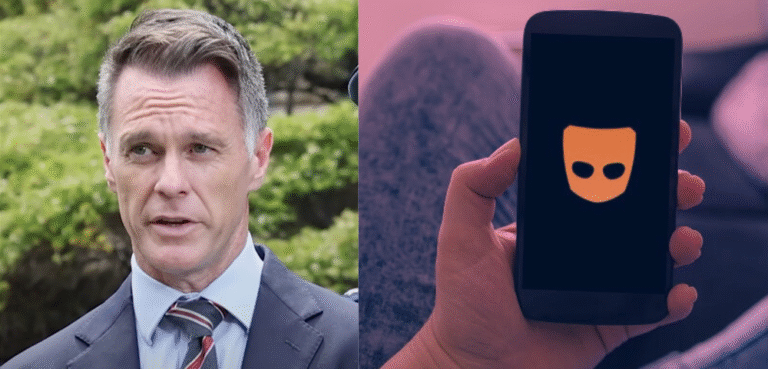
Energy drinks and excercise
BY PAUL PERDY
Over the last few years energy drinks have become part of many people’s daily lives. When you don’t seem to be able to make it through your day, you pop open a can and voilà — instant energy.
But what’s in these drinks and what are they doing to our bodies? Do they actually benefit our training?
These energy drinks basically fall into three different categories: caffeine (and other uppers); scientific replenishing; and water. The difference is vital to your health, workouts and lifestyle. Let’s take a closer look.
Caffeine drinks
Scientists are not convinced about the benefits of these drinks and lean towards caution in recommending them. They strongly recommend children avoid them.
These drinks have high doses of caffeine and other stimulants such as ephedrine. Chemicals put strain on your kidneys and excess caffeine can cause insomnia, heart palpitations and other heart and general health issues.
Caffeine dehydrates you. If you drink these caffeine energy drinks you will notice you sweat more which means you will need to take more breaks during your workout and drink a lot more water. So though you may train that little bit extra and more frantically, you will feel like you overdid it the next day and need more rest time.
So what was the benefit of mixing these drinks and your exercise? Oh yeah — there wasn’t one.
Sports drinks
These drinks are free of the above chemicals. They are designed to replace water, sodium, electrolytes and potassium (which you lose through sweat while working out) — vital to keep the body functioning properly. They keep athletes hydrated and able to perform at their optimal best in extreme competitive events.
These drinks have proven themselves in marathons and high intensity professional sports time and time again.
Water
Water rehydrates the body, replenishing the water lost through perspiration. It will help you maintain adequate blood flow and ensure you avoid feeling dizzy or fatigued, and avoid muscle cramps and overheating.
Which is right?
I recommend steering clear of the caffeine drinks as they are full of chemicals and we don’t know about the long-term effects on our bodies. Like all drugs, they have a high and a comedown. Expect to feel extra tired the next day and once you build up a tolerance you will need more to get the same buzz.
If you are training in a controlled environment for about an hour or two, water will do the trick. It will give you all the health benefits with no cost to your health and little to no cost financially. How can you beat free and good for you?
If you are running a marathon or playing sport outside in extreme heat with little opportunity to keep sipping water, then a sports replenishing drink will help you in remaining hydrated through the event.
The answer is clear and simple…. just like water!
info: For more information, recipes and exercises see our e-newsletter at www.lifestylefit.com.au
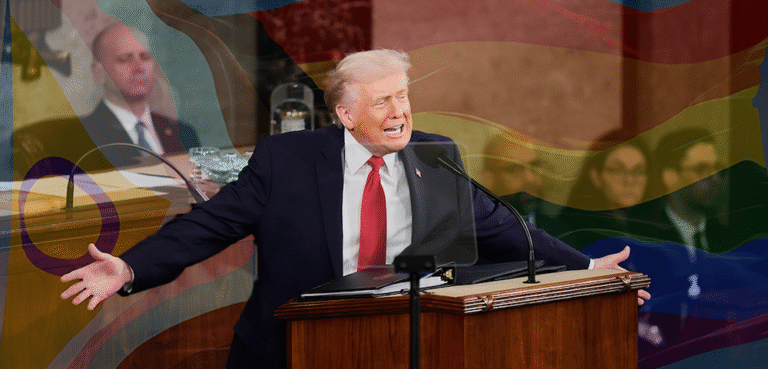
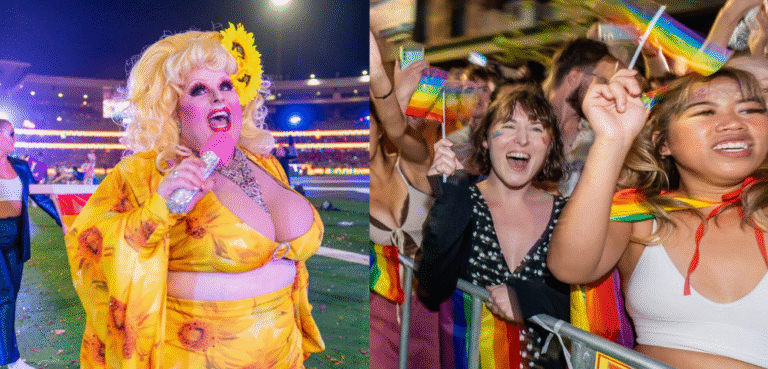
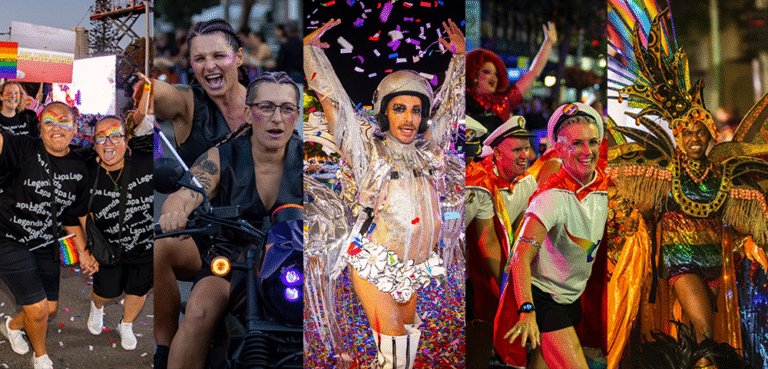
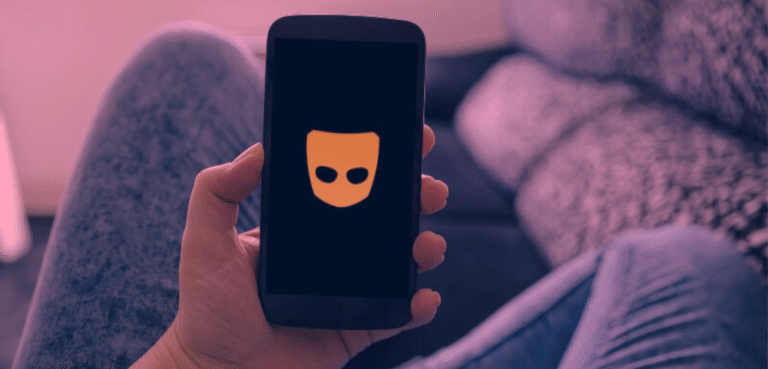
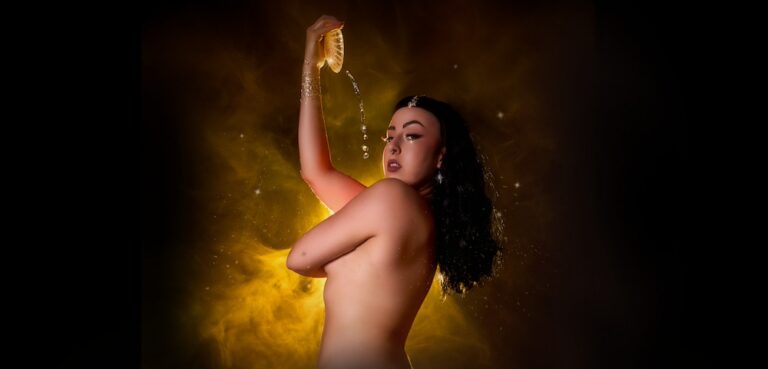
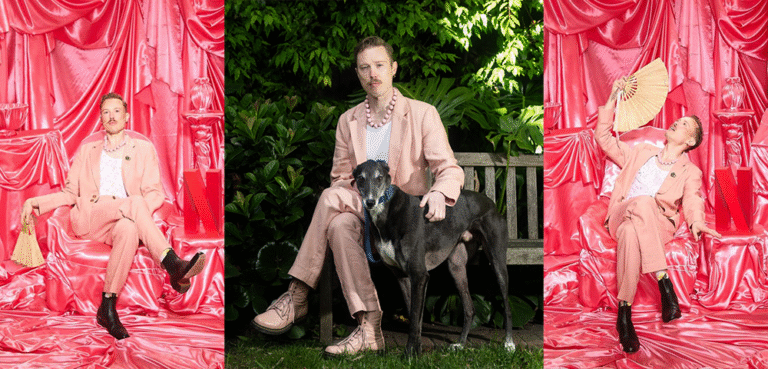
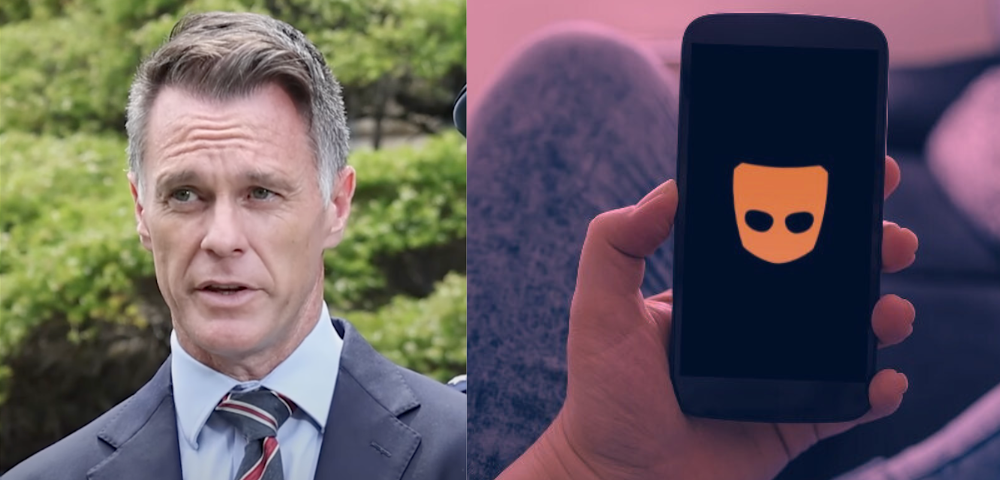
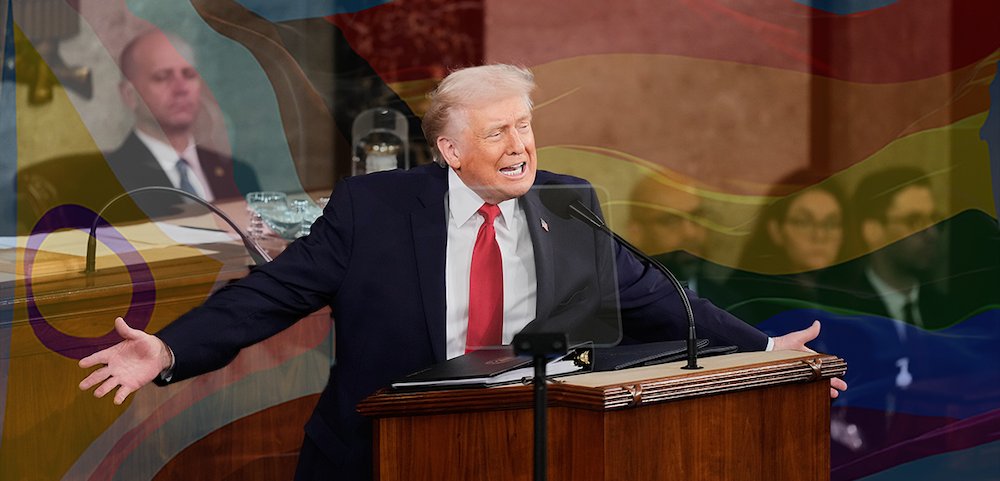
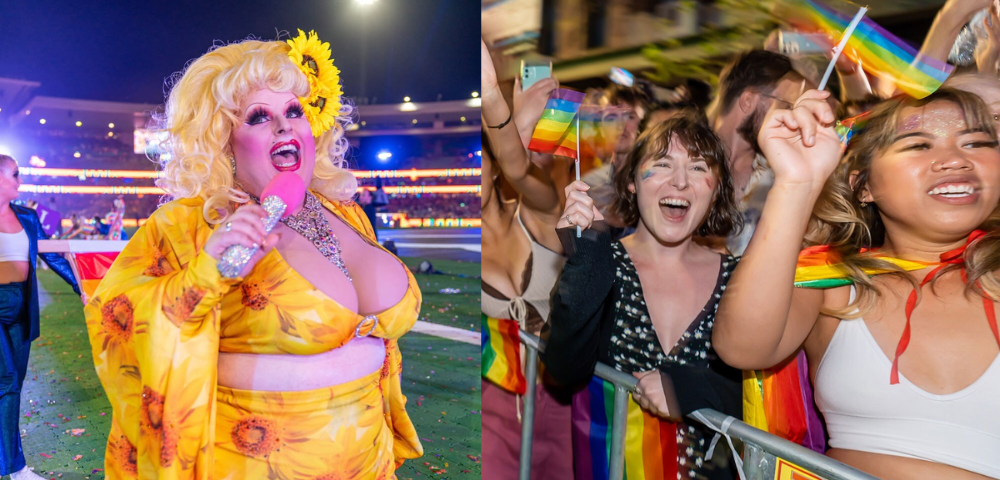
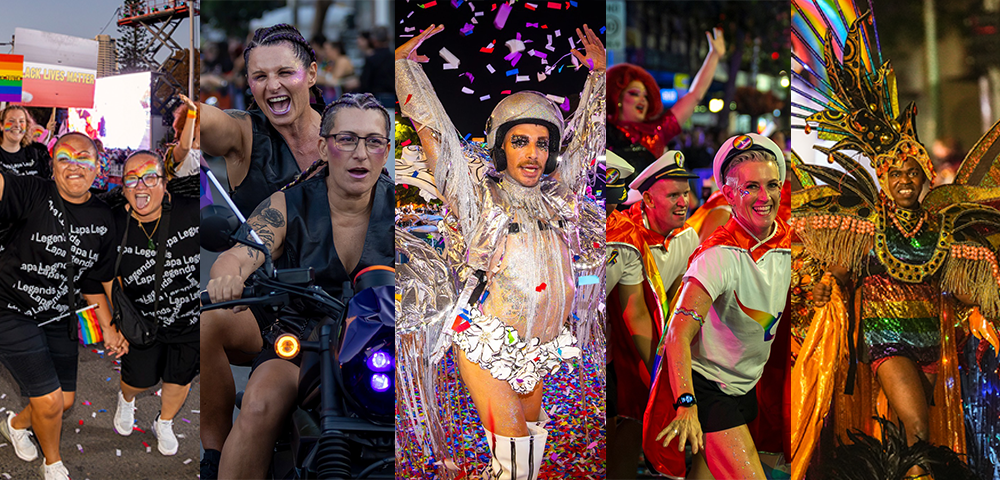

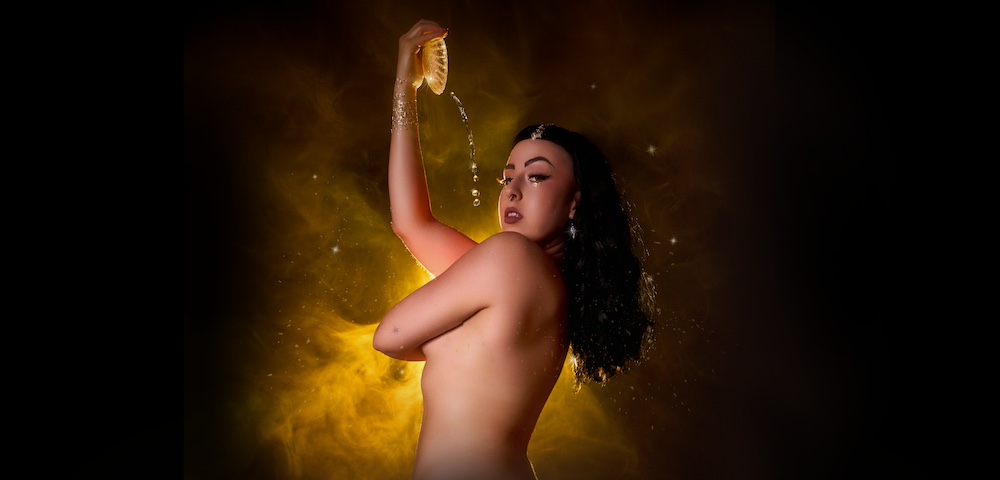
Great points Paul, and you’re doing people (including kids) a service by getting this info out there..
People too often try to work themselves up into doing exercise with some kind of sports or energy drink. That’s a major mistake.
Energy drinks- terribly misnamed, are one of the nastiest things one can put in the body. I’ve read countless articles on the subject, have written them as well, and occasionally speak about the topic.